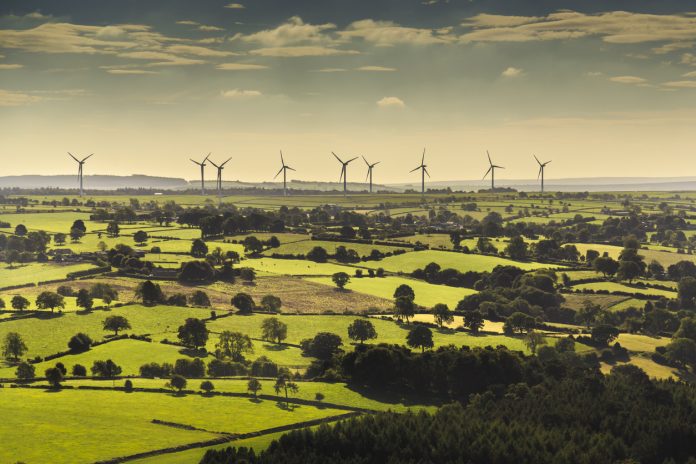David Sheldrake, Global Senior Vice President of Sales360 at POWWR, explains how the European Commission is working to reduce energy prices for everyone
While continuing to transition towards a clean energy future is essential for the European Commission, it also faces significant pressure to address the issue of high energy prices, due to its negative impact on embattled businesses. The energy crisis in Europe, which began in the aftermath of the pandemic, was driven mainly by rising gas prices and supply shortages exacerbated by Russia’s invasion of Ukraine.
For over two years, record-high electricity and gas bills have strained industries, forced some factories to curtail output or even shut down, and slowed economic growth across the continent. High energy costs impact competitiveness and threaten jobs, particularly in energy-intensive industries.
Energy: More competition is required
To address these challenges, the European Commission must take immediate steps to both stabilise and reduce energy prices. One of the key tools at its disposal is designing and implementing a more integrated and competitive energy market. Currently, Europe’s
electricity markets are heavily influenced by natural gas prices, which have led to soaring electricity costs.
Last year, however, the Commission proposed reforms to the electricity market, including decoupling electricity prices from gas prices, and to ensure that the cost of renewable energy is better reflected in pricing structures. The proposal would lead to bills being less dependent on volatile fossil fuel prices, better-protecting businesses from future price spikes and potential market manipulation and helping enhance industrial competitiveness. In short, if successful, it would enable businesses that rely on cheaper renewable electricity to benefit from lower costs, even when gas prices are high.
Energy efficiency on the crest of a wave
This is a good start. However, more needs to be done. The Commission needs to push for greater investment in energy efficiency across the European economy. Improving energy efficiency in buildings, manufacturing, and transport sectors will help businesses reduce their overall energy consumption, mitigating the impact of high prices.
The European Union’s (EU) Renovation Wave initiative aims to upgrade millions of public and private buildings, which would both reduce energy demand and create jobs in the green economy.
Additionally, increasing energy efficiency would reduce reliance on imported fossil fuels, providing greater energy security for Europe’s industries. The Renovation Wave aims to renovate 35 million buildings by 2030, at least doubling the annual rate of energy renovations currently seen in the region.
Enhancing energy security through renewables
Another potential solution is the creation of strategic reserves of renewable energy. These could then be used to cushion businesses from price volatility. Such a reserve would allow the region better to manage its supply and demand, stabilising prices and ensuring that businesses and citizens have access to affordable energy even during times of crisis.
In parallel with these efforts, the Commission must accelerate efforts to reduce the EU’s dependency on external energy sources. By increasing domestic renewable energy production and securing new, stable energy partnerships with non-EU countries, Europe can enhance its energy security and reduce reliance on volatile international markets.
The good news is that it is on the right path. In 2023, almost a quarter (24.5%) of gross final energy consumption was from renewable sources. This is around 1.5 percentage points higher than in 2022 and almost three times higher than a decade before.
The energy future looks bright
Whilst these changes will benefit all, the Commission has proposed several additional mechanisms to help support industries heavily dependent on energy, such as steel, cement, and chemicals. The EU Emissions Trading System (ETS) is being adjusted accordingly to include free allowances for these sectors, allowing them to gradually reduce emissions without facing prohibitive costs that could undermine their international competitiveness.
Whatever sector or region a billpayer is in, though, the future looks bright. The new Commission’s energy policy priorities for investing in clean energy are something that should benefit us all and help reduce energy prices for households and businesses alike.











